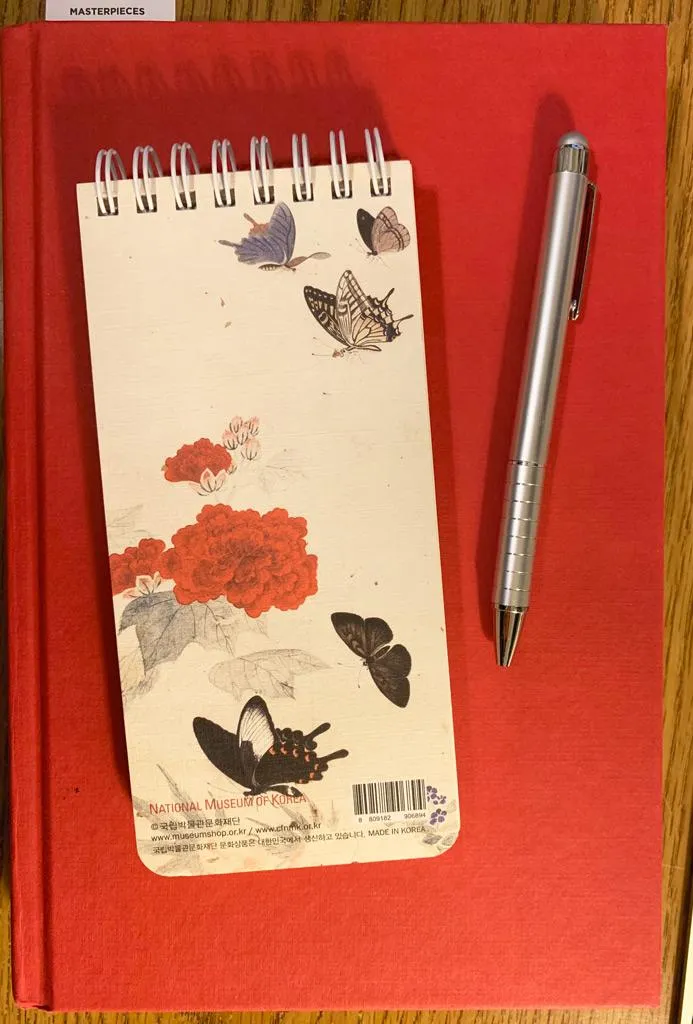
Reflection: The Inner Mirror We Often Avoid
A Kitchen Table Revelation
I remember watching my daughter in high school spread her English/Literature homework across the kitchen table; her notebooks and marginal notes became more than academic record-keeping, they were a quiet excavation of thought.
Her teachers had transformed reading into a deeply reflective exploration. Each assignment was an invitation to look closely, to extract thoughts, to understand the subtle connections between external stories and internal experiences. It struck me then: this wasn't just about literary analysis; this was personal archaeology.
Reflection is a skill most of us never truly learn, not really, not with enough depth.
My own high school experience was dramatically different. As a non-native English speaker, I saw assignments as information collection exercises. Reflection then, felt like an additional, almost impossible layer of complexity. The nuanced inner work seemed out of reach, lost in translation between language and understanding.
But watching my daughter, I realized reflection isn't about perfect language. It's about genuine introspection.
Why Reflection Matters
Research consistently shows that deliberate reflection can:
Improve emotional intelligence
Enhance problem-solving skills
Increase self-awareness
Reduce stress and anxiety
The Learning Curve
Not everyone learns reflection naturally. Research shows that it remains an abstract concept; it is intellectual but not visceral, distant, not personal. That some individuals go through entire careers and relationships without truly examining their internal life. (Schön)
My coaching journey revealed a critical truth: self-reflection is a never-ending learning process. It's not about perfection but persistent curiosity about one's inner world.
Reflection requires space. In our hyper-connected world, silence is a radical act of self-care.
When we learn to reflect, we don't just understand ourselves better. We become more empathetic, more nuanced in our interactions. We stop reacting and start responding.
Reflection isn't a destination. It's a journey; it's messy, non-linear, deeply personal. Some days, you'll uncover profound insights. Other days, you'll sit with confusion.
Both are valuable and both are part of the process.
The Ongoing Excavation
My daughter's literature assignments were more than academic exercises. They were training grounds for a lifelong skill. The skill that enables us to look inward with warmth, curiosity, and courage. Over time, this curiosity makes the inner terrain kinder.
In a world that often prioritizes external achievements, reflection remains our most powerful tool for genuine understanding.
Reflection isn’t answers. It's the courage to ask better questions!
If you'd like help learning to reflect with more intention and clarity, I offer short coaching conversations to get you started. Reply to this email, or schedule a Discovery Call Today
Sign-up for The Soul Notes Newsletter — get inspired insights, practical tips, and notifications of events designed to support your embodiment and mind-body harmony.
Explore ACS transformative programs today and begin your journey toward deeper connection and balance.
